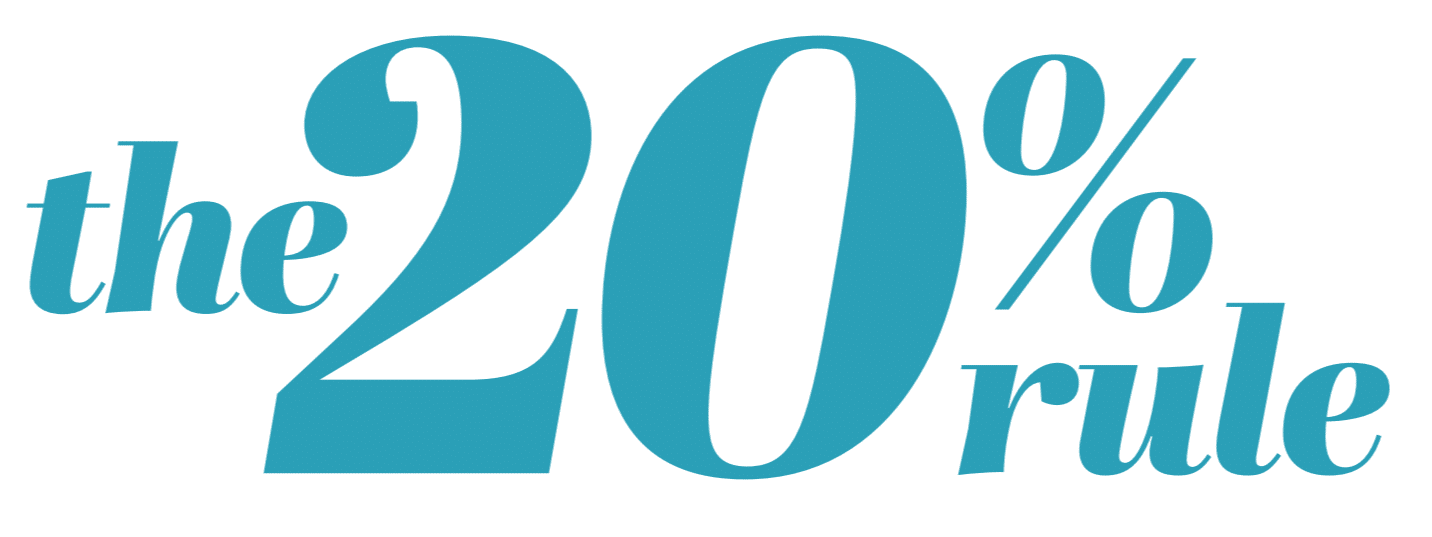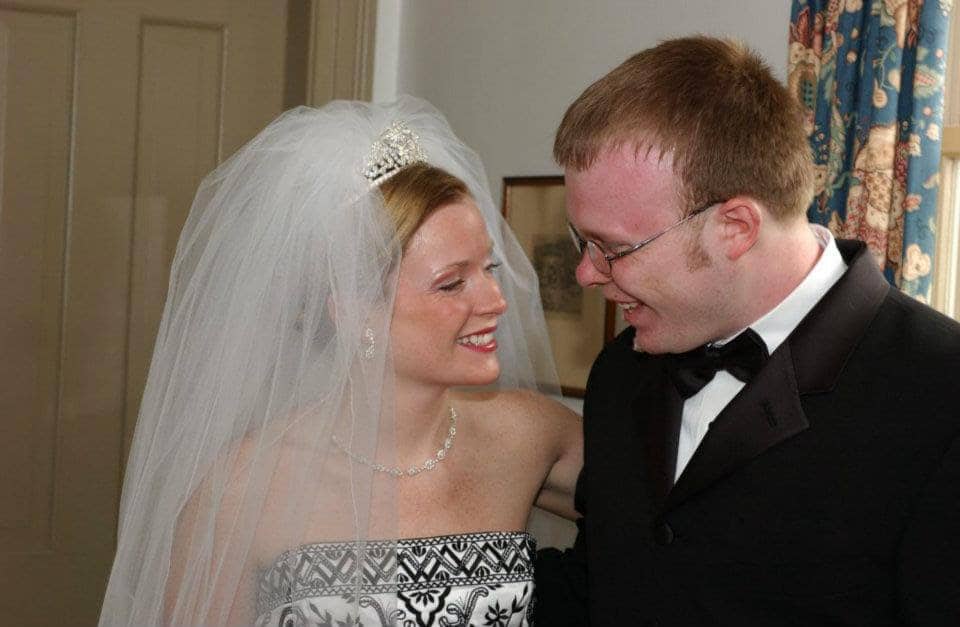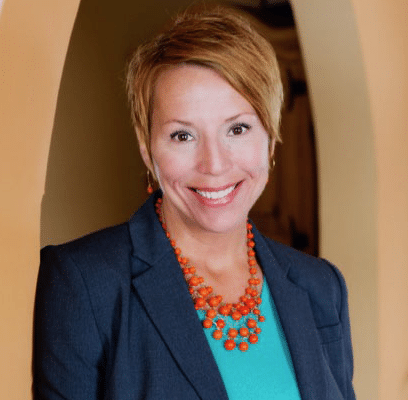I’ve written often about my father, Chubby. His blend of hard work and street savvy enabled him to build one of Cincinnati’s most successful and respected real estate firms. His slogan “Hague Sells The 7 Hills” graced billboards throughout the Queen City, reminding residents that their city was built on seven hills similar to Rome, Italy.
Chubby’s financial success provided me with a college and legal education, a source of immense pride to our family since I was the first to graduate from college. Yet, Chubby constantly cautioned me “It’s important to be educated but it’s essential to be smart.” What is the difference between education and smarts?
Smartness to me means analyzing what we do and what we say in specific, defined ways. I call these “Chubby Rules” in honor of my dad. Most can be summed up in a sentence, like: “Know when time is on your side and when it’s not.”
It’s smart to think about the impact of time on decisions we make. In buying, patience often pays off as product quality improves and sellers become more eager over time. It’s typically the reverse when selling. This approach applies universally, from technology to real estate. Chubby’s “live smarter” rules have been a guiding force in my life, and I’ve added many of my own along the way.
Recently, I discovered what I believe to be an important “Chubby Rule” for America’s youth. It was a lesson taught to one of my dear friends, Jennifer Aries, by her father.
Jennifer was a KTAR radio sales rep, the one who worked with me on buying and placing 72SOLD advertising. She was remarkable, always making me feel like a VIP.
Then one day, to my great surprise, Jennifer told me she was taking an early retirement. My surprise was a result of her youthful age, well before most quit working. Jennifer had not amassed wealth through building her own business, being an investment genius, or winning the lottery. So I was curious as to how she was able to retire so early. When I asked her, she told me that she followed a simple but powerful savings principle since she was a child.
In Jennifer’s own words:
“My father and I were very close and I really looked up to him. So when he gave me advice, I took it as a life lesson. The most important life lesson he shared with me was when I was 10 years old and earned my first money as a babysitter.
My father told me that every time I received money, either as a gift or through work, to always, no make that ALWAYS, put 20% into a savings account. He explained to me that the 20% that I set aside would not be meaningful at the time, but when I wanted to buy something special, it would mean everything!
I am beyond grateful for this habit, and I will be for the rest of my life. Whenever I wanted to buy something, whether it was a car, a home, or a trip to Africa, I always had all the money I needed, without having to go into debt!
This practice became second nature and all throughout my career, I set myself up to automatically divert 20% of my income either into a 401K or a savings account.
And now, as I have entered my retirement, money is not an issue. I can live comfortably for the rest of my life and have plenty left for the fun stuff. I am enjoying living 6 months a year here in Scottsdale and the other 6 months in my home in Italy, which is paid for in cash!
I never missed the 20% that I stashed away, but I sure do miss my Dad!”
***
When I asked Jennifer’s permission to write her story, she also shared with me that during her work career she had taken over nine years of work-free sabbaticals, all funded by her dad’s 20% rule.
As the holidays approach, I think Jennifer’s 20% rule should be engraved on a plaque and wrapped as a gift to be given to every child in America.
Most parents hope their children achieve the life of their dreams. A step in that direction could be teaching the 20% rule.
I hope you have a joyous holiday and I appreciate your many kind emails regarding my articles this year.
You made my days brighter.












